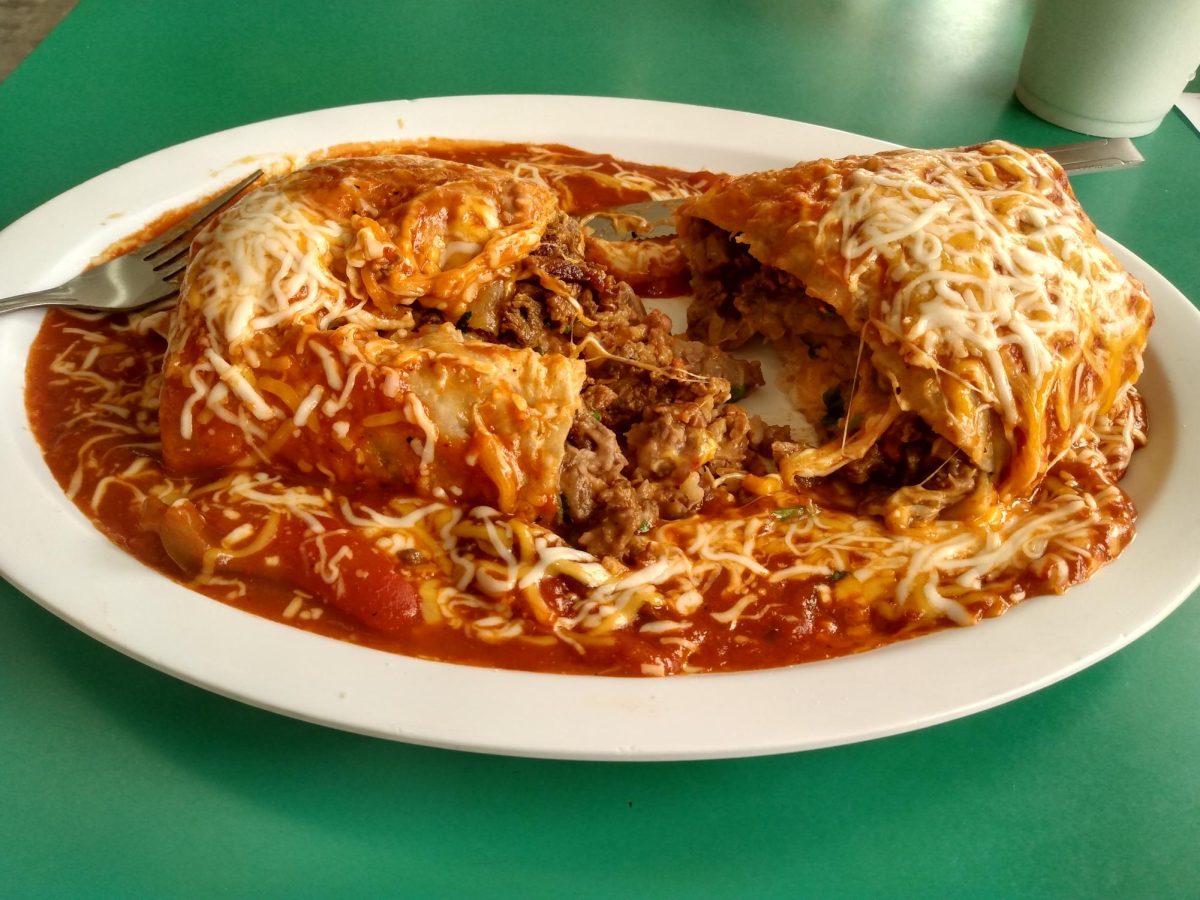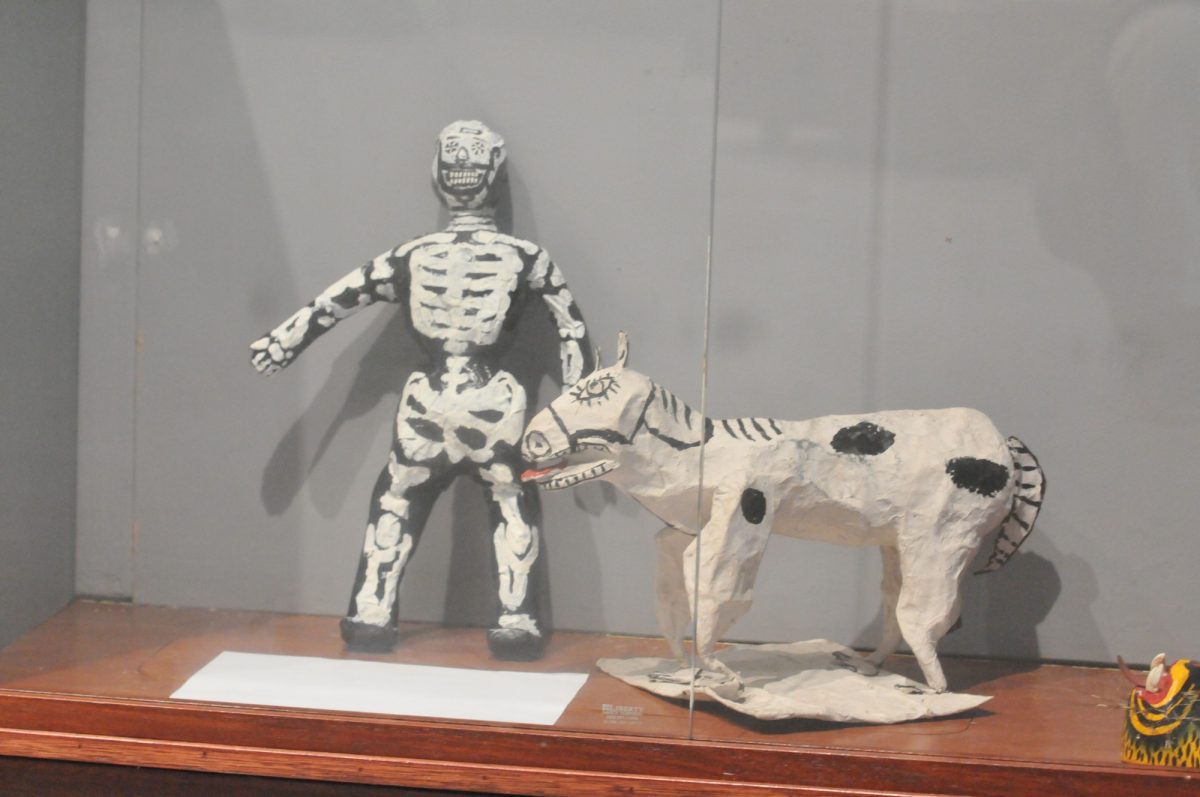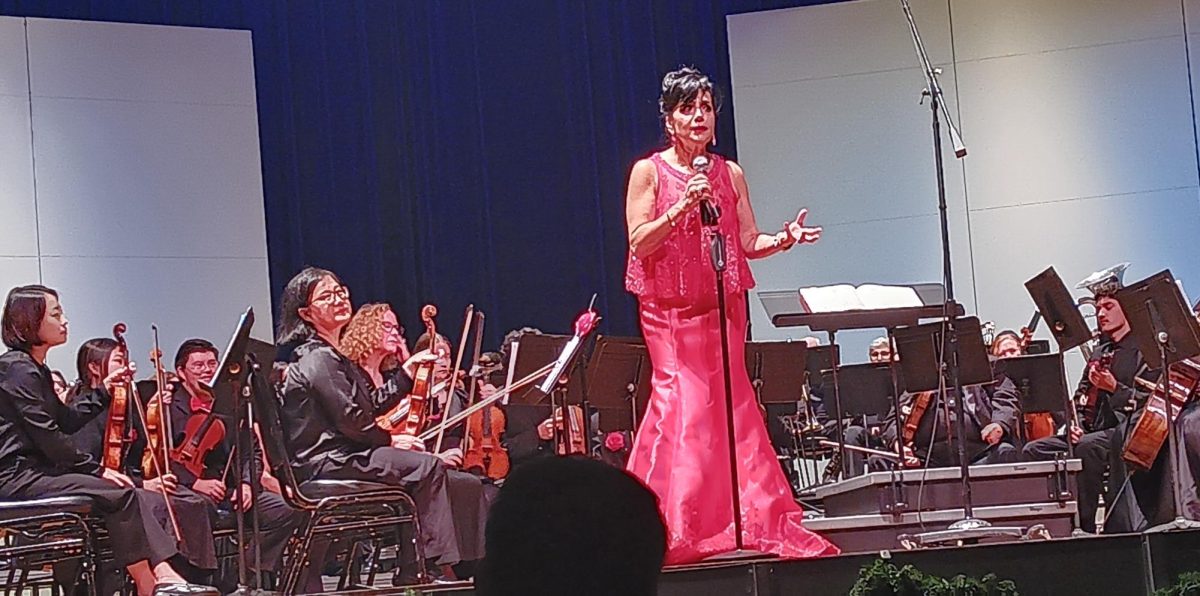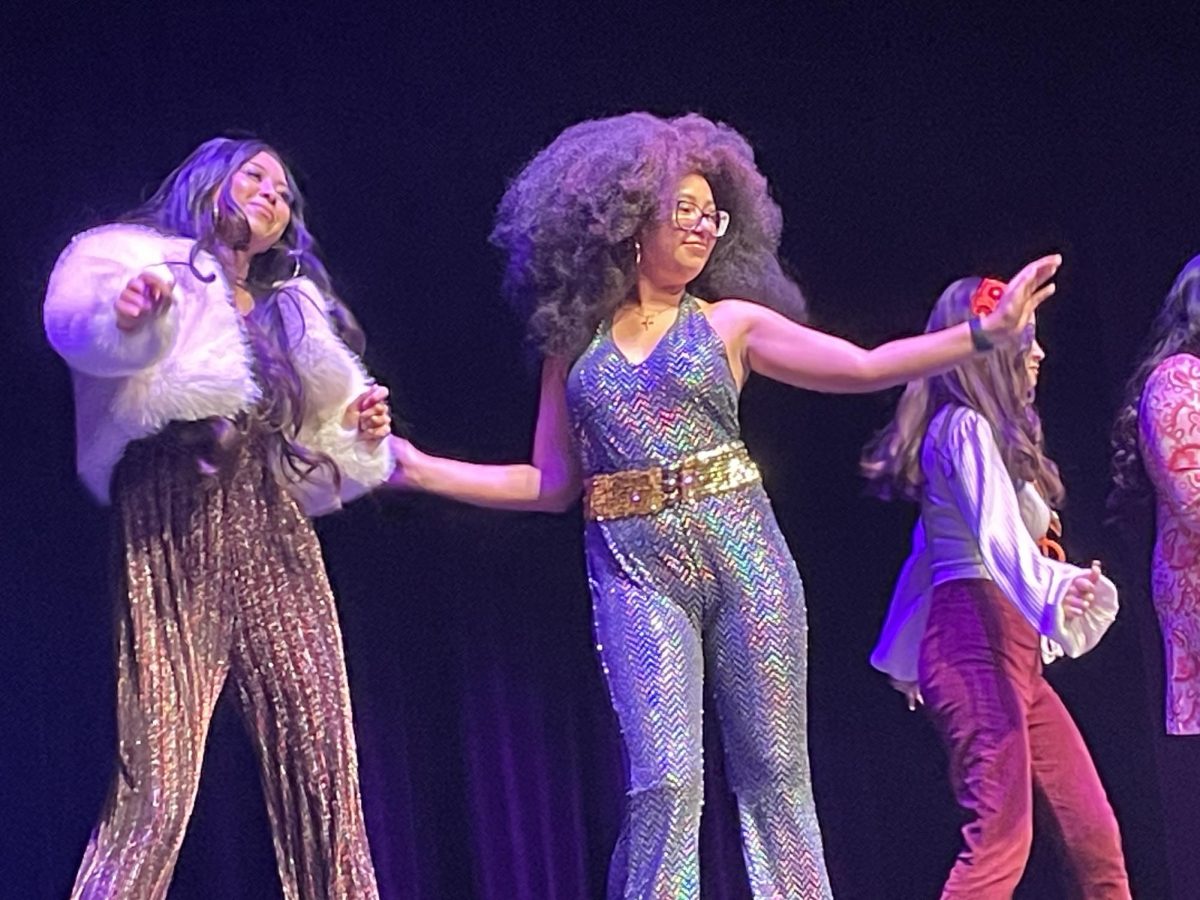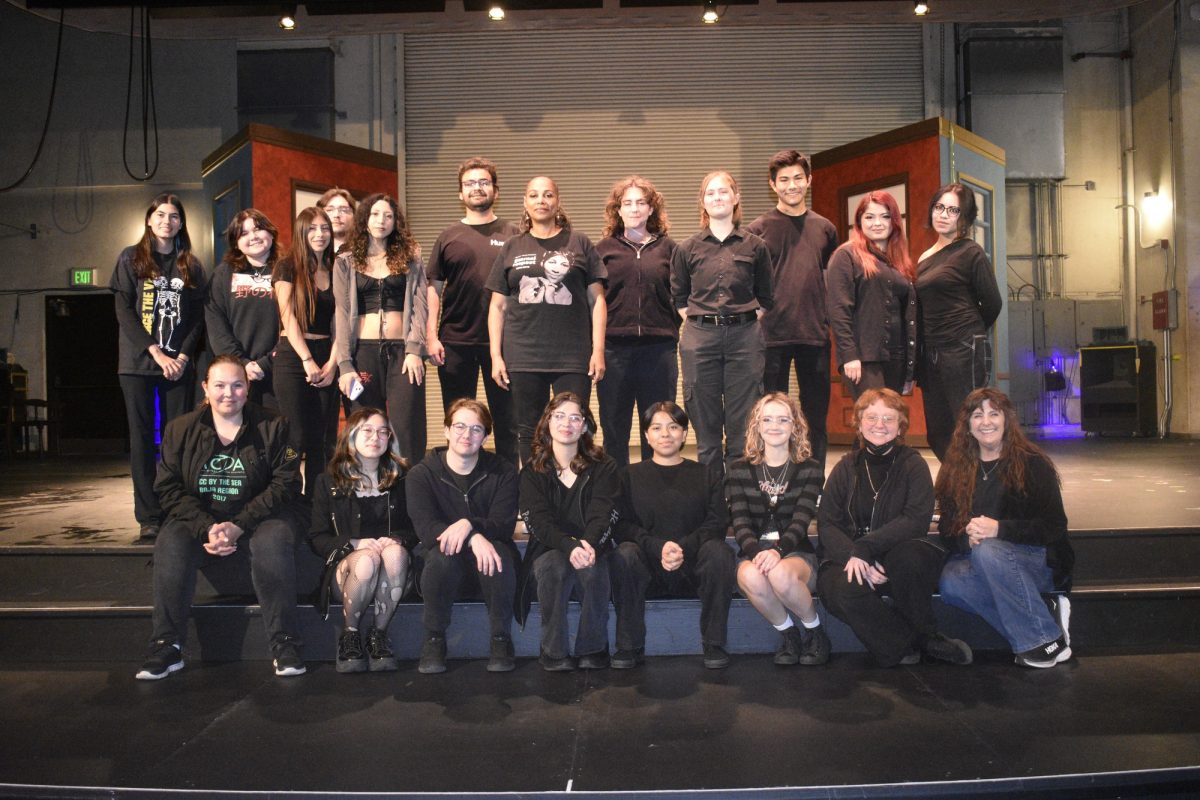Wearing a comfortable sleeveless shirt, he picked up his bottle cap-adorned tambourine and then reached for the maracas he made out of tin cans and pebbles and headed for the door.
Stepping outside in the hot and humid air, he joined his friends, who were waiting for him outside. Starting from the nearest neighbor, they started singing Christmas carols from house to house.
Carolers are not uncommon figures in Philippine’s streets, weeks before Christmas day.
“Caroling, doesn’t only help us earn extra money for the holidays,” Paul Quiambao, 22, nursing major, said. “Whenever I am out there caroling with my friends, I also get the opportunity to see and admire the lighted Christmas lanterns of different shapes and sizes.”
Quiambao said that the town where is he from is known as the Christmas capitol of Phillipines as they take the holiday and season seriously.
“My ‘Kababayans’ (hometown folks) make grandiose lanterns that they put on display outside their homes together with more Christmas lights,” Quiambao said. “Every time I see these lanterns, I just get lost in their magic.”
Quiambao said that he never thought he would miss simple things like these when he migrated to the U.S. two years ago for his education.
“The spirit of the season, I think, will never be the same,” Quiambao said. “All my relatives will gather together for ‘Noche Buena’ or the meal that we had once the clock struck midnight, signifying the beginning of Christmas. It is like a mini festival in our home.”
Celebrating Christmas away from ‘home’ is one of the many concerns of students who came to the U.S. to study.
Like Quiambao, Seung Woo Huh, 24, sociology major, said that what he really misses was spending time with his family.
And even though Christmas was not a big thing back in South Korea, they gathered together in their elders’ home to celebrate togetherness and family during the holiday season.
“My family gathering together, having a ‘let’s see each other and talk’ can do a lot for us,” Huh said.
Huh said that these gatherings were also made to pay honor and respect to their ancestors.
“We set up a table with their picture on top of it together with great meals,” Huh added. “Then we bow in front of their pictures as a sign of our gratefulness and respect to them.”
After the formalities, Huh said, the family’s elder will not only feed them but will also give them some gifts, often times money.
Student Thuya Htoo, 18, computer science major, said that what he really misses most is the food and the community gathering together, helping each other out in preparing meals for the holidays.
“Christmas is not celebrated by many people in Burma,” Htoo said. “But we have festivals that are as special as that, and it is our tradition to share food with everybody.”
He added that everybody will be busy preparing food during these events, then after that, the young ones will go to their relatives’ houses to share what they have and bring back some food or money from them as well.
“Then by late night me and my friends can play with firecrackers. That is something that I can’t do here in U.S.,” Htoo said.
As for a student from Russia, Andréy Tsyplakov, 24, computer science major, said he sees his culture’s celebration as something different.
“Although Christmas is not widely celebrated, my friends and I will gather together and just hang out,” Tsyplakov said. “But we have some holidays like New Year’s where there will be a 14-day holiday in the whole country; nobody works except for the police and those in the medical field.”
But as they miss the celebrations from back home, these students do find ways to celebrate it by learning the American style of being festive.
Htoo said that through the help of an off-campus, non-profit organization called Spectrum, they were able to get accustomed to American style Thanksgiving, Christmas, and New Year’s.
Htoo said that Spectrum arranges events and places for them to celebrate the season.
“Last year I spent holidays with an American family,” Htoo said. “They were accommodating and we really got to know each other. They explained to me what thanksgiving is, the significance of the food that are being prepared. They had extended a very warm welcome for me and they made me less sad.”
Quiambao said that although Christmas here is not as festive as it is in his native country, “he still found ways to enjoy the season by celebrating it with friends and family who are dear to his heart




